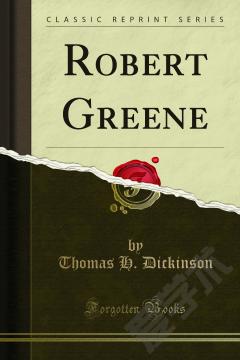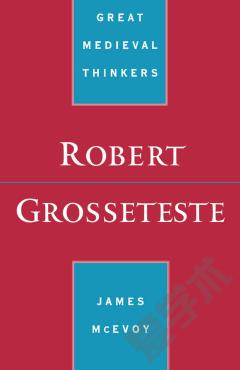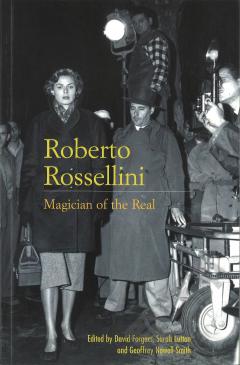Robert Greene
Why should art answer for the infirmities of manners? asks Thomas Nash in defending the memory of his dead comrade, Robert Greene, against the attacks of Gabriel Harvey. Some such consideration as this has been needed to rescue Greene's fame from the uncritical hostility of later times. It has been the misfortune of the man to be remembered by posterity chiefly through adverse personal documents. The assaults of a frustrate and dying man on a successful rival like curses soon turned home to roost. Gabriel Harvey, the Kenrick of his day, crowned the dead poet with bays more pathetic than the sordid wreath placed by Isam's hand. And to complete the tale of disfavour Greene himself tells his own story with a morbid self consciousness only exceeding Bunyan's, and a thrifty purpose to turn even his sins to pence. Though during Greene's life and after his death circumstances were unmeet to dispassionate biography, it may promote the calmer mood of a later age to inquire into the conditions of his disordered career and the sources of his unique genius. Debt and deadly sin, who is not subject to? cries Nash. With any notorious crime I never knew him tainted. Nash refers Greene back to human nature.
{{comment.content}}








 京公网安备 11010802027623号
京公网安备 11010802027623号